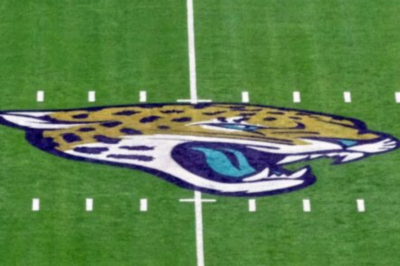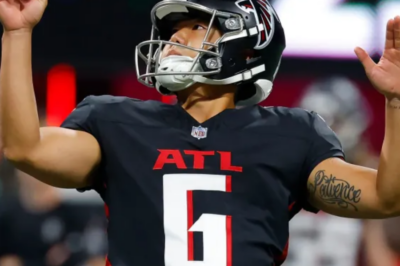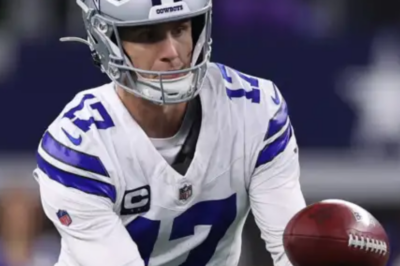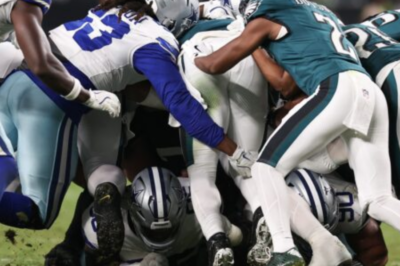The NFL Has Reportedly Fired 3 Referees
In a decisive move underscoring its commitment to officiating standards, the National Football League (NFL) has terminated the contracts of three officials: umpire James Carter, line judge Robin DeLorenzo, and down judge Robert Richardson.
This action follows a postseason marred by contentious officiating decisions and reflects the league’s intensified focus on accountability within its officiating ranks.
A Shift Toward Performance-Based Evaluations
Under the guidance of Ramon George, Vice President of Officiating Training and Development, the NFL is transitioning to a more data-driven, performance-based evaluation system for its officials.
This approach aims to foster a competitive environment where merit dictates advancement and retention, minimizing favoritism and emphasizing consistent performance.
The recent dismissals are indicative of this strategic shift.
Postseason Controversies and Public Scrutiny
The 2024 postseason was fraught with officiating controversies, notably perceived favoritism toward the Kansas City Chiefs during critical playoff matchups.
These incidents ignited widespread criticism from fans, players, and analysts, prompting calls for increased transparency and accountability in officiating decisions.
In response, NFL Commissioner Roger Goodell and the NFL Referees Association have steadfastly denied any bias or conspiracy, reaffirming their dedication to fair and impartial officiating.
Implications for the Dismissed Officials
The officials in question have secured positions within major college football conferences, a departure from the NFL’s traditional protocol.
Historically, terminated officials did not receive such placements, suggesting a nuanced approach by the league in managing officiating personnel transitions.
This development may influence their prospects of returning to the NFL in the future.
Broader Officiating Challenges
The NFL’s officiating body has faced ongoing challenges, including high turnover rates and concerns about morale among officials.
Discussions within the officiating community highlight the pressures and scrutiny officials endure, exacerbated by the increasing complexity of the game and the heightened expectations from stakeholders.

These factors contribute to the league’s efforts to refine its officiating standards and support systems.
Financial Realities of NFL Officiating
Unlike players with lucrative contracts, most NFL referees serve as part-time employees with variable incomes.
The average salary hovers around $205,000 annually, contingent upon the number of games officiated.
This financial structure often necessitates supplementary employment, adding layers of complexity to their professional commitments and potentially impacting on-field performance.
Calls for Officiating Reforms
Prominent figures within the NFL community have voiced concerns regarding officiating standards.
NFL legend and ESPN broadcaster Troy Aikman has advocated for significant improvements, especially given the growing prominence of sports betting and its implications for game integrity.
Aikman emphasized the need for the NFL to address these issues proactively to maintain public trust.
Defending the Integrity of Officials
Conversely, some analysts have defended NFL referees against mounting criticism.
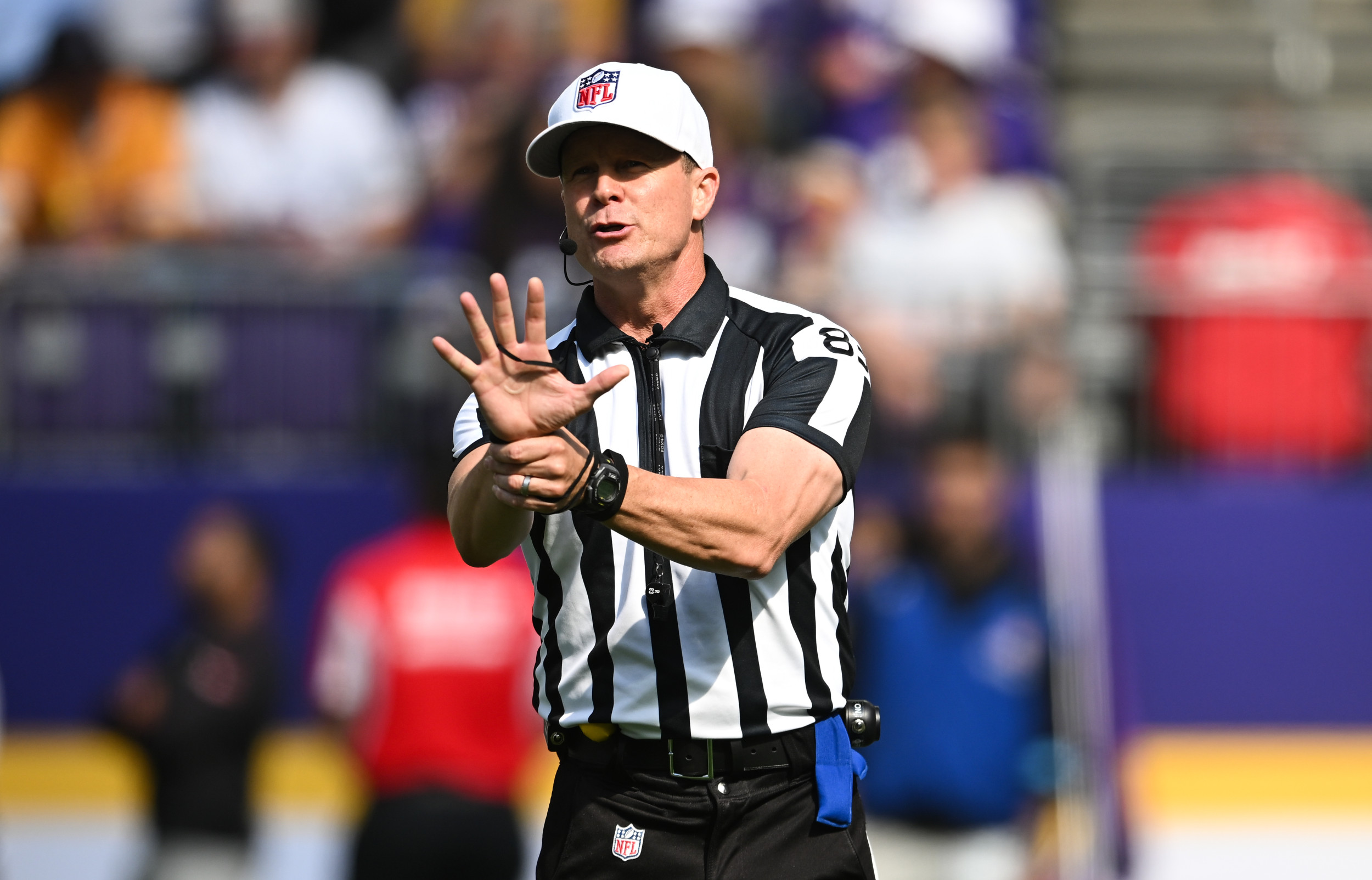
Former player and commentator Shannon Sharpe labeled critiques from figures like Aikman as “delusional,” arguing that expecting perfection from officials is unrealistic.
Sharpe contends that the NFL endeavors to ensure the highest officiating standards and that occasional errors are an inherent aspect of the game.
Historical Context of Officiating Controversies
The NFL has a history of officiating controversies that have shaped its current approach to game management.
Notable incidents include the “Fail Mary” game in 2012, where a disputed call by replacement officials led to a Seahawks victory over the
Packers, and the 1998 Thanksgiving Day coin toss mishap involving referee Phil Luckett.
These events underscore the critical importance of accurate officiating in preserving the game’s integrity.
Technological Innovations and Future Directions
In light of recent controversies, there is a growing call for the NFL to integrate advanced technologies to assist in officiating.
Implementing optical tracking systems and enhancing replay review processes could mitigate human error and increase the accuracy of critical game decisions. Such technological advancements aim to support officials and uphold the sport’s integrity.
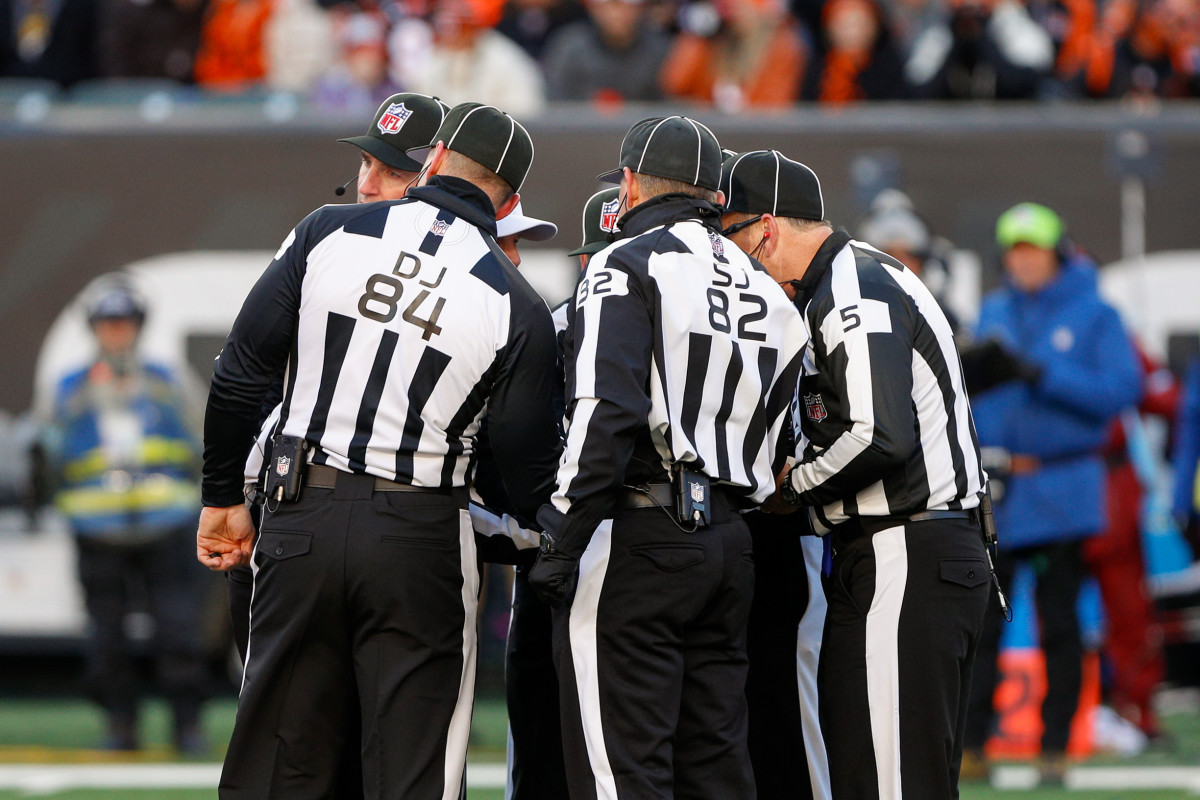
The NFL’s decision to dismiss three officials reflects a broader commitment to elevating officiating standards and addressing public concerns.
While challenges persist, the league’s focus on performance-based evaluations, potential technological integrations, and responsiveness to feedback demonstrate a concerted effort to enhance the fairness and enjoyment of the game for all stakeholders.
News
The NFL just dropped the Jaguars’ 2026 slate, and it is absolutely unhinged. Fans are calling this the most disrespectful schedule in league history. You won’t believe where they have to play.
The NFL just dropped the Jaguars’ 2026 slate, and it is absolutely unhinged. Fans are calling this the most disrespectful…
Atlanta Falcons Make Unexpected Move: Releasing Pro Bowl Wide Receiver in Shocking Decision
Atlanta Falcons Make Unexpected Move: Releasing Pro Bowl Wide Receiver in Shocking Decision In a surprising turn of events that…
VIDEO: Nick Bosa just hit the gym and deleted the old him. This is NOT the same guy offensive linemen are used to facing. Wait until you see this insane transformation.
VIDEO: Nick Bosa just hit the gym and deleted the old him. This is NOT the same guy offensive linemen…
Dallas Cowboys and Brandon Aubrey’s Agent at Odds Over NFL’s Highest-Paid Kicker: A Deep Dive into the Battle for Contract Supremacy
Dallas Cowboys and Brandon Aubrey’s Agent at Odds Over NFL’s Highest-Paid Kicker: A Deep Dive into the Battle for Contract…
BREAKING: A QB HUNGER GAME IS BREWING! We just got word that an NFC squad is preparing a BRUTAL offer sheet to steal Mac Jones away from the 49ers.
BREAKING: A QB HUNGER GAME IS BREWING! We just got word that an NFC squad is preparing a BRUTAL offer…
Tush Push Receives Shocking Ban: The Controversial Decision Shaking the Sports World
Tush Push Receives Shocking Ban: The Controversial Decision Shaking the Sports World In a move that has sent shockwaves through…
End of content
No more pages to load


